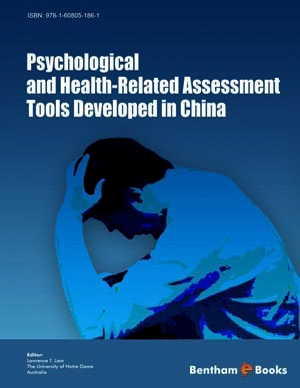Abstract
The object of the study was to develop a Dementia Screening Inventory for the Elderly (DSI-E) and to examine the psychometric properties, including reliability and validity, of the instrument. The screening inventory, designed to assess cognitive abilities, daily activities, and mental and personality changes for the elderly, was modelled after the Mini Mental State Examination (MMSE) and the Bristol Activities of Daily Living Scale (ADL). The psychometric properties of the instrument were evaluated using a sample of 2815 communitydwelling elderly participants with retesting on 215. One hundred and nineteen were also administrated with MMSE, ADL, the Memory Assessment Scale (MAS), and the Cognitive Assessment Scale for the Elderly (CASE) for convergent validity examination. Results from the Confirmatory Factor Analysis (CFA) suggested that the 55- item scale with 11 subscales fitted best to the data with a 3-factor model that explained 60.1% of the total variance. Internal consistency and split-half reliability were confirmed with high Cronbach’s alpha values ranging from 0.48 to 0.91. The DSI-E was significantly correlated with MMSE (r=0.92), ADL (r=0.89), MAS (r=0.71), and CASE (r=0.63) with a test-retest reliability ranging from 0.72 to 0.99. The DSI-E has been demonstrated as a valid and reliable instrument for assessing dementia among elderly people from a Chinese speaking background.












